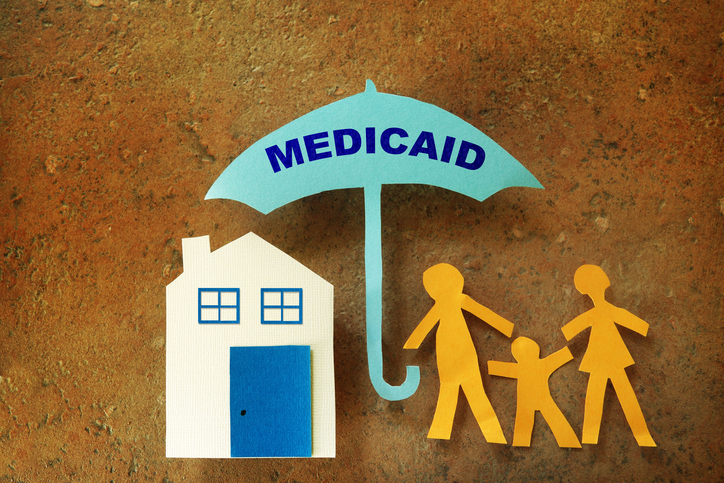
When I was 23 and living in Malawi, Africa, I got a message that my mom was in the hospital — in a coma, with less than a 10% chance of surviving the night. I remember it vividly. I was about halfway through my shift for the day working in a local community health clinic in Lilongwe. At the time calls from home weren’t realistic, so the note came through a messaging app. “I’m so sorry to tell you this….”
What started as double pneumonia had quickly turned to sepsis. The doctors were doing everything they could to keep her alive. I immediately drove to our local airline office to book the 20-hour flight home to be by her side. I arrived on Christmas Day. After a week in a coma and a major surgery to remove a large portion of her colon, she faced a long road back — relearning how to walk, how to function, and, eventually, how to thrive again. That single hospital stay came with more than $1 million in medical bills.
I didn’t have to abandon my work to move home. Our family didn’t go into debt, have to sell our house, or go bankrupt — all because my mom was on Medicaid, as she has been for most of my life.
She lives with multiple complex medical conditions that have meant frequent hospital stays and countless doctor’s appointments every single week. Without Medicaid, her life — and mine — would have looked drastically different. I wouldn’t be where I am today without Medicaid. This isn’t just policy — it’s personal.
My family’s story has shaped who I am and why I do the work I do. It’s given me a front-row seat to both the challenges and the possibilities in our healthcare system — and it’s the reason I am so passionate about driving change. I have seen how fragmented care can be, especially for those who do not have the resources to choose which providers they want to see. I have been on the receiving end of having to share critical health information about my mom while she is having an acute, life-threatening crisis feet away from me — health information that should have been readily available to her doctors. I have also seen how case managers can mean the difference between life and death, between having food and going hungry, and between paying rent or potentially being evicted.
Are there efficiencies we need to gain? Absolutely. Is there more work to do to improve access and delivery of care? Without question — and it’s what I’ve dedicated my career to. But is the solution to take a chainsaw to the program, making drastic cuts and seeing what’s left on the cutting room floor? Absolutely not.
Severe cuts to Medicaid are now on the way. These budget choices will have far-reaching, multigenerational impacts. The decisions we make now will ripple through families for years to come — not just those who rely on Medicaid today, but also their children, caregivers, and generations to follow. A recent New York Times article highlighted just a few stories of how essential this program is across income levels — and how devastating deep cuts can be.
At the heart of this fight are the patients whose lives quite literally depend on Medicaid. But we are also fighting for the caregivers who show up every day, the children who rely on stability, the families who rally around their loved ones, and all those whose lives are shaped by access to care.
This is personal. This is generational. I am not the only one with a personal connection to Medicaid. I challenge us to share our stories and use our voices. The cuts have already been decided, but that doesn’t mean that we are powerless to take action. For those of us who live and work in the realm of Medicaid, we can’t afford to wait.
Photo: zimmytws, Getty Images
Danielle Carter is CEO of Intrepid Ascent, bringing over 15 years of experience in global public health, healthcare, and community-based public health initiatives. Since joining the Intrepid team six years ago she has been instrumental in guiding the company’s growth, including deepening impact on Medicaid programs and community health transformation, centering services around the needs and experiences of the people they serve, and applying quality improvement and human-centered design methodology. With Carter’s leadership, Intrepid has strengthened its ability to implement programs at the intersection of healthcare and social services, using technology to connect partners and transform communities.
This post appears through the MedCity Influencers program. Anyone can publish their perspective on business and innovation in healthcare on MedCity News through MedCity Influencers. Click here to find out how.








